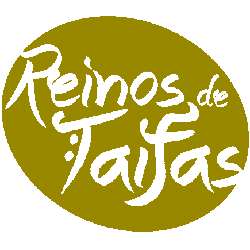Extra Virgin Olive Oil (EVOO) is such an important quality ingredient worldwide these days, being known for its natural aromatic flavour and health benefits. In Mediterranean cuisine, EVOO is consumed daily due to its versatility and nutritional advantages. EVOO is also used on the skin and hair.
History
The olive tree was first planted in Ancient Iran and Mesopotamia 5000 years ago. Ancient Egyptians used the oil for religious ceremonies, and Phoenicians brought olive farming to the Mediterranean region. Greeks used olives for medicinal purposes, and the Romans were the first to consume olive oil. The Arabs improved the olive farming techniques and influenced the Spanish language “aceite” which means oil, derived from the Arab word “azzait” means olive juice. The Spanish later introduced olive trees and vines to America. In the early 20th century, olive tree cultivation had spread to places like South Africa and Australia.

Cordoba’s Mosque is an example of Arabic art.
Production process
Harvesting olives for Extra Virgin Olive Oil (EVOO) is a crucial step because it involves careful selection of ripe fruit and a timeline from picking to extracting the oil, ensuring freshness and flavour.

There are other factors that influence the taste, aroma, and overall quality of the EVOO.
• Olive variety/cultivar: Each variety has its own unique taste.
• Environment: Soil, climate, and altitude also influence the taste and character of the olives.
• Production technique: From the collection to the storing of olive oil, every step is important as it could affect the quality. Cold pressing is the method used to make EVOO.
Health benefits of EVOO
• Monounsaturated fats and heart health: EVOO is rich in healthy fats. Incorporating EVOO in your diet regularly reduces the risk of heart disease such as cholesterol, blood pressure and stroke.
• Antioxidants and anti-inflammatory: EVOO contains antioxidants and anti-inflammatory effects that reduce the risk of diseases, such as cancer and inflammation from arthritis and bowel diseases.
• Brain: Some research has shown that EVOO may have positive effects on brain health that could be affected due to ageing.
Spanish olive oil production
Spain is a global leader in olive oil production and is known for its high-quality Extra Virgin Olive Oil (EVOO). The country’s main olive-growing region is Andalusia, with areas like Jaen, Cordoba and Seville. Other regions like Catalonia, Extremadura and Aragon contribute to Spain’s olive oil production.

